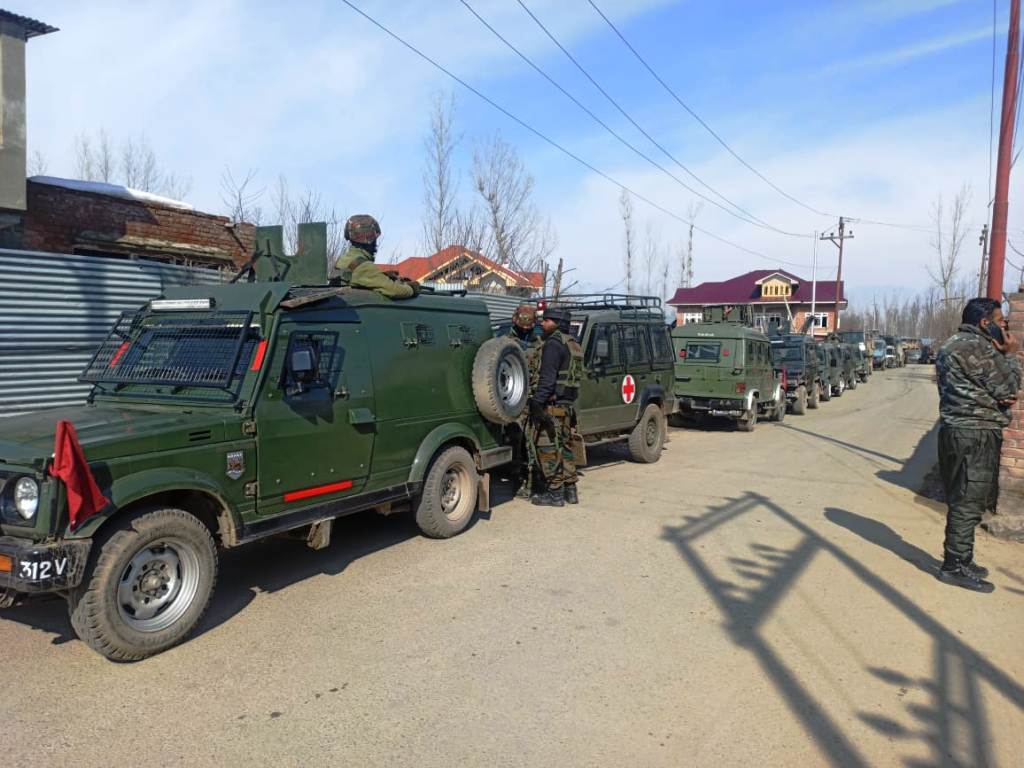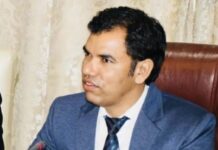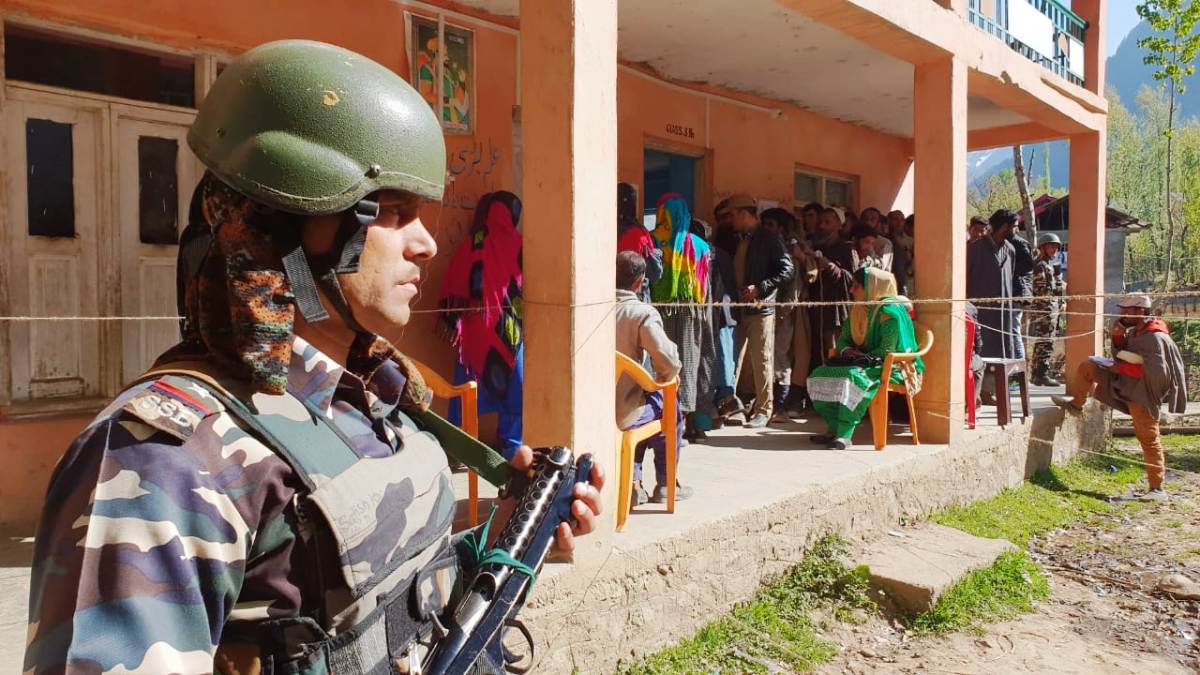Bilal Handoo
SRINAGAR
On the 9th death anniversary of human rights activist of Kashmir, Aasiya Jeelani, Jammu and Kashmir coalition of civil society (CCS) organized a one day public meeting in Srinagar on Saturday, which was attended by scores of professionals, as well as by some human right activists of India.

On the occasion, a debate on ‘Institutional violence: The Indian state in Jammu and Kashmir’ was held, where many prominent civil society members took part, and paid rich tributes to Aasiya Jeelani. “Aasiya is a martyr and martyrs are not dead,” Zaheer ud din, a valley journalist and human rights activist, said on the occasion. “She is living and I can feel her presence.”
On April 20, 2004 while on election monitoring in Kupwara, a landmine blast in Chandigam, Lolab left Aasiya in a pool of blood. She later succumbed to her injuries on her way to hospital. “She could have chosen a good career in journalism, but she decided to fight on the behalf of those who faced ire of conflict,” Zaheer said.
She began her career as a trainee cum researcher with AFP Kashmir Bureau in 1998-2001 and then joined one of the leading dallies of India. “Aasia’s will to do something for the Empowerment of Women and Social Discrimination made her come back to Valley,” Speakers told audience. She later joined CCS with a motive to empower Kashmiri women economically.
It was perhaps for the first time that human right activists of 11 states of India had taken part in a program where human rights violations allegedly committed by government forces in Kashmir were highlighted. “I condemn all the atrocities done by Indian troops in Kashmir,” said a human rights activist from Nagaland.
Activists highlight different facets of human rights violations in Kashmir from last two decades. “Indian people are with you in your struggle,” Pritpal Singh, a human rights activist from Punjab told the jam-packed audience in Hotel Lala Rukh.
A day before on Friday, a resolution was adopted by 11 human right bodies across India in Srinagar. “We condemn the Indian state and its functionaries for the continuing criminal involvement in Jammu and Kashmir, and their failure to deliver justice for human rights violations, thereby ensuring impunity,” reads the line in the adopted resolution.
Earlier addressing audience, Kartik Murukutla, one of the authors of alleged perpetrators report that was jointly prepared by International Peoples’ Tribunal on Human Rights and Justice in Indian administrative Kashmir (IPTK) and Association of Parents of Disappeared Persons (APDP) in December last year told audience that institutional violence is the “state project”. “Our report highlighted scores of institutional violence in the state, but unfortunately instead of acting on the identified cases in the report, the state promoted the perpetrators,” he said. “The report is gathering dust in government offices.”
Significantly, the report released last year named 500 security personnel allegedly involved in human rights violations in the state including 235 Army personnel, 123 paramilitary personnel, 111 J&K Police personnel and 31 counter insurgents.
Among the officials alleged to be involved in rights violations are two Major Generals and three Brigadiers of the Indian Army, besides nine Colonels, three Lieutenant Colonels, 78 Majors and 25 Captains, besides, 37 senior officials of the federal Paramilitary forces, a recently retired Director General of the Jammu and Kashmir Police, as well as former Inspector General.
“With this report, we point out how it is not possible to get justice under Indian justice system,” Gautam Navlakha, noted human rights activist said on the eve of its release last year.
Meanwhile, many speakers sought larger support of Indian counterparts to end the ‘mistaken identity’ associated with the people of Kashmir. “People outside Kashmir believe that Kashmir is any other communal issue, but as the matter of fact, it is not,”Shridar, a human rights activist from Bangalore, said.
The public meeting began with the short documentary on Aasiya Jeelani which captured different stages of her life. “We will take her mission forward for which she sacrificed her life,” Zaheer said.















